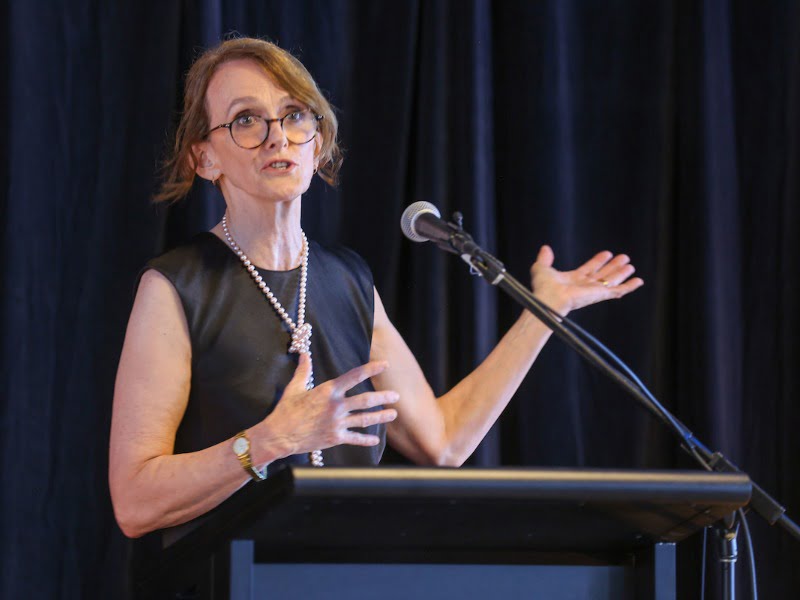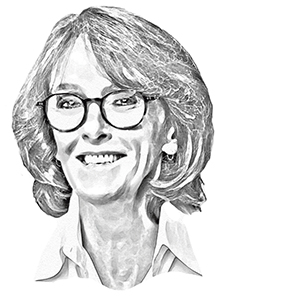Science, at its heart, is a collaborative effort. The eureka moments are headline-grabbing and enormously important, but they don’t come out of the blue. They emerge from years or even decades of testing, rejecting and refining ideas, painstakingly building a body of knowledge. Progress would be extremely slow if we all had to start at the beginning, or unknowingly tread paths others have already been down.
This is the nub of the argument for open science. The first step is open access to the research literature without fees or paywalls. My goal is for all Australian research to be open access, domestically and internationally, and for research conducted overseas to be freely available to read in Australia.
This year, in discussions with government, researchers, publishers and other stakeholders, I began the first steps towards a potential model. We are in the early stages, and the detail will take some time to emerge. But the appetite for change is strong, and I have no doubt that if we can realise an open access strategy, it will boost Australian discovery, innovation and prosperity.

As I wrote recently in Australian Quarterly, open science is a bigger and more transformative shift. As well as access to research papers, it means also sharing research data, code and software, and research infrastructure. You can think of it as scientists and researchers sharing the back story.
The COVID-19 pandemic offers a great example of these benefits. In January 2020, researchers began sharing the genetic code of the SARS-CoV-2 virus with colleagues around the world. Edward Holmes, a professor at the University of Sydney, won the 2021 Prime Minister’s Prize for Science for his role in this, after he worked with colleagues in China and Scotland to release the genetic code, catalysing work on a test and a vaccine.
Science publishers also played their part by bringing research out from behind paywalls and making it available for everyone to read. This is shared knowledge creation in action.
We remain in the grip of the pandemic, but the vaccines and therapies developed in record time through concerted, collaborative efforts will save countless lives and speed the recovery significantly.
Last week, the international community took an important step towards this vision, when 193 countries at the UNESCO General Conference adopted the first international framework on open science.
The framework recognises the urgency of interconnected global challenges, such as climate change and the pandemic, and acknowledges the importance of science in providing solutions. It also recognises that open science is more efficient, improving quality, reproducibility and impact, and thereby increasing trust. Open science is also more equitable and inclusive.
Until now, there was no universal definition of open science, and standards existed only at regional, national or institutional levels. Countries have now agreed to abide by common standards, values and principles, and report back every four years on progress.
The recommendation calls on member states to set up regional and international funding mechanisms and invest in infrastructure for open science. Just as we are aiming to open access to research in Australia, it asks that nations ensure that all publicly funded research respects the principles and core values of open science.
I welcome this collaborative international approach. Open science is a great aim. Working together and sharing insights as a global science community is the best way to push the boundaries of knowledge and discovery.
This article is republished from The Conversation under a Creative Commons license. Read the original article.
Do you know more? Contact James Riley via Email.

